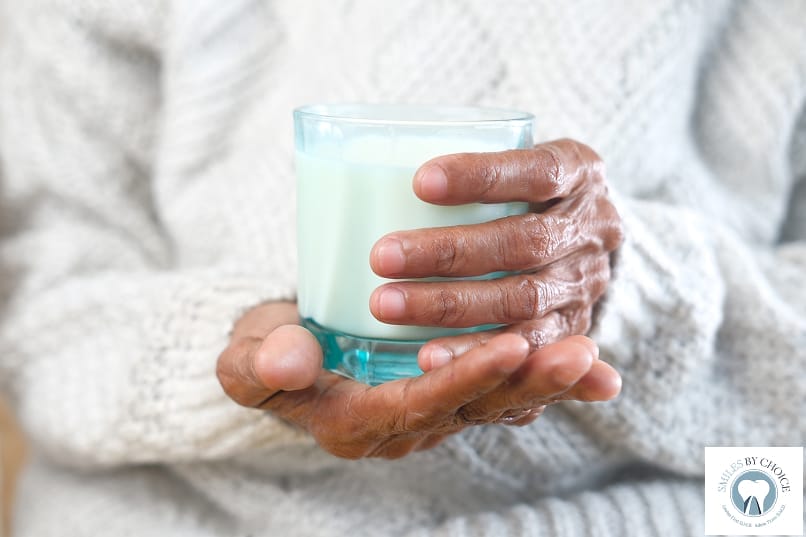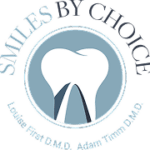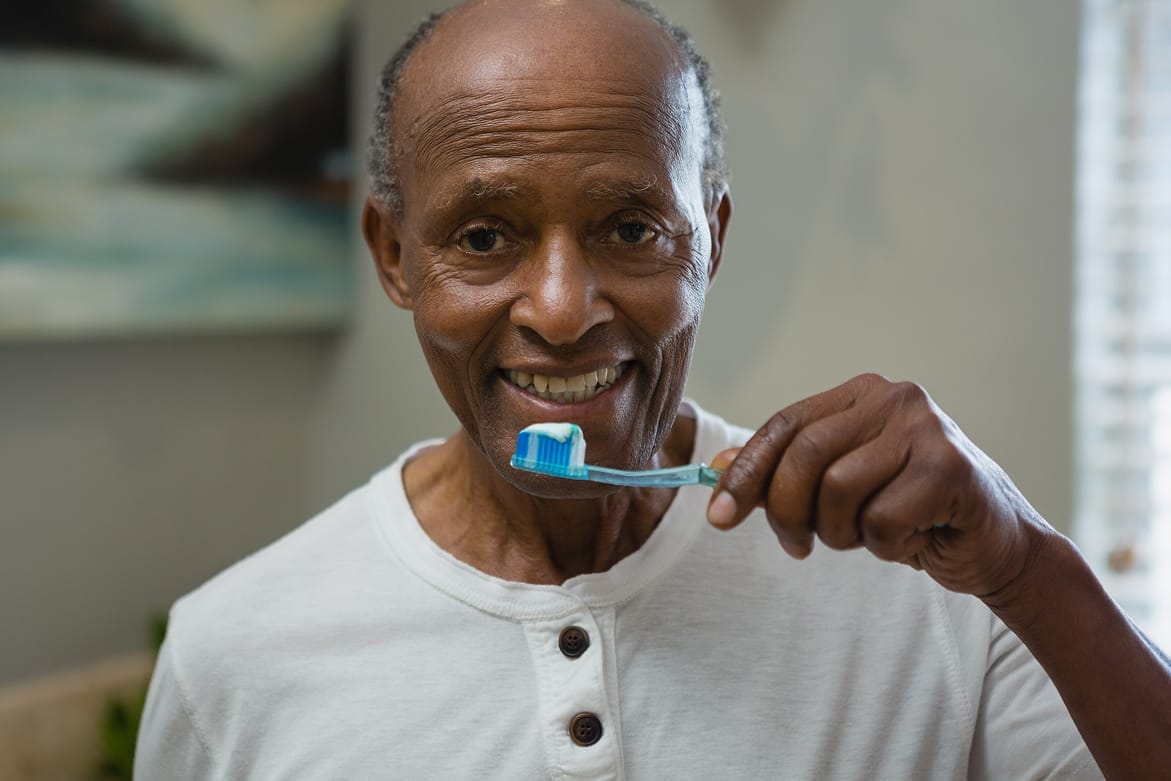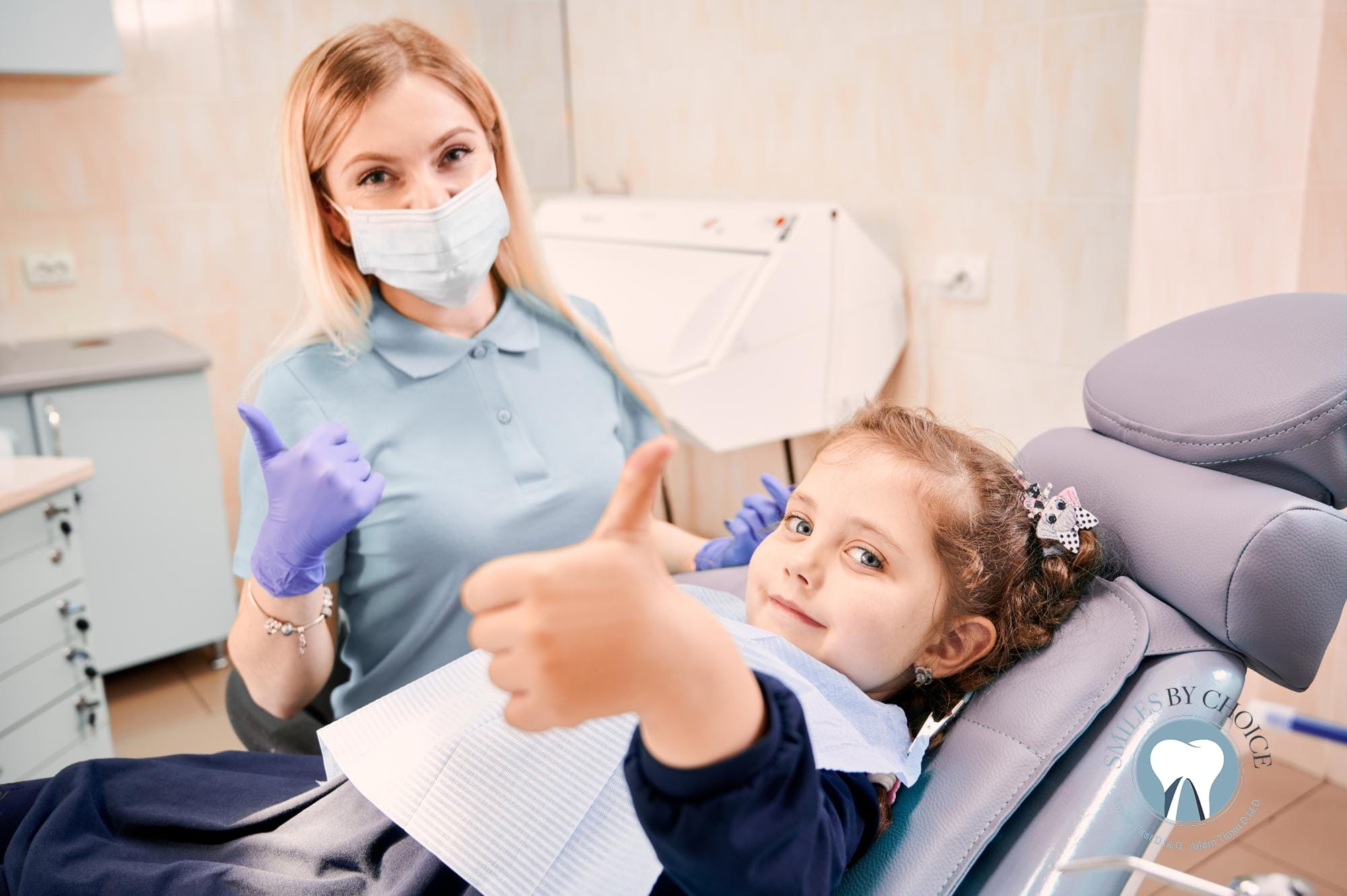You’ve lived through decades of experiences, and your smile has been with you through it all. Now that you’re in your golden years, taking care of your oral health might feel different from it did when you were younger. That’s completely normal. Your mouth has unique needs now, which is why these oral health tips for seniors can help you maintain healthy teeth and gums healthy for years to come.
Many seniors worry that dental problems are just part of getting older. The good news is that tooth loss and gum disease aren’t inevitable. With some simple adjustments to your routine and a few new strategies, you can maintain excellent oral health. Your experience has taught you the value of consistency and smart choices. Now let’s apply that wisdom to caring for your smile.

Tip 1: Stay Consistent with Your Daily Routine
Your daily oral care routine is the foundation of good dental health. Brush your teeth twice a day with fluoride toothpaste, just as you always have. However, you might need to make some gentle adjustments to accommodate changes in your mouth and hands.
If your gums have become more sensitive over the years, switch to a soft-bristled toothbrush. Use gentle, circular motions rather than aggressive scrubbing. Your gums will thank you for the gentler approach. Electric toothbrushes can be especially helpful if you’re dealing with arthritis or reduced dexterity in your hands.
Flossing remains crucial, but traditional floss might feel challenging now. Don’t give up on cleaning between your teeth. Water flossers are excellent alternatives that use a gentle stream of water to remove food particles and bacteria. Floss picks with handles can also make the job easier if your fingers don’t move as nimbly as they once did.
Consider setting up your bathroom with everything within easy reach. Good lighting helps you see what you’re doing. If you wear glasses for close-up work, keep them handy for your oral care routine.
Tip 2: Keep Your Mouth Moist and Comfortable
Dry mouth affects many seniors, and it’s more than just an uncomfortable feeling. Saliva helps wash away bacteria and food particles. When your mouth doesn’t produce enough saliva, you’re at higher risk for cavities and gum disease.
Many common medications can cause dry mouth as a side effect. Blood pressure medications, antidepressants, and antihistamines are common culprits. Don’t stop taking prescribed medications, but do talk with your doctor about this side effect.
Stay well-hydrated throughout the day. Sip water regularly, not just when you feel thirsty. Keep a water bottle nearby and take small sips frequently. Room temperature water is often more comfortable than ice-cold drinks.
Sugar-free gum or lozenges can stimulate saliva production. Chewing gum for a few minutes after meals helps your mouth produce more saliva naturally. Look for products with xylitol, which actually helps fight bacteria in your mouth.
If dry mouth is severe, ask your dentist about saliva substitutes or prescription treatments. These products can provide relief and help protect your teeth from the effects of reduced saliva.

Tip 3: Choose Senior-Friendly Foods for Your Smile
Your diet plays a huge role in maintaining strong teeth and healthy gums. Focus on foods that support your oral health while being easy to chew and digest.
Calcium-rich foods keep your jawbone strong and support your teeth. Dairy products like yogurt and cheese are excellent choices. If you have trouble with regular milk, try calcium-fortified alternatives like almond or soy milk. Leafy greens, canned fish with soft bones, and almonds also provide calcium.
Soft foods don’t have to mean unhealthy foods. Cooked vegetables, tender meats, eggs, and beans provide excellent nutrition without being hard on your teeth or gums. Smoothies made with fruits and vegetables can pack tremendous nutritional value into an easy-to-consume form.
Some foods naturally help clean your teeth as you eat them. Apples, carrots, and celery have a gentle scrubbing action. Cheese helps neutralize acids in your mouth that can damage tooth enamel.
Here are some foods to limit or avoid:
- Sticky candies and dried fruits that cling to teeth
- Hard foods like ice, popcorn kernels, and hard candies that might crack teeth
- Sugary drinks and snacks that feed harmful bacteria
- Acidic foods and drinks can erode tooth enamel over time
Tip 4: Make Regular Dental Visits a Priority
Regular dental checkups become even more important as you age. Your dentist can catch problems early when they’re easier and less expensive to treat. Most seniors should visit the dentist every six months, though some may need more frequent visits.
Don’t feel embarrassed about changes in your mouth. Your dentist has seen it all and wants to help you maintain the best oral health possible. Be honest about any discomfort, changes you’ve noticed, or challenges you’re facing with your daily routine.
Professional cleanings remove hardened plaque that you can’t eliminate with home care alone. Your dental hygienist can also give you personalized tips for caring for your specific needs. They might recommend special tools or techniques that work better for your situation.
Prepare for your appointments by writing down questions ahead of time. Bring a list of all medications you take, including over-the-counter drugs and supplements. This information helps your dental team provide the best care possible.
Tip 5: Manage Medications and Oral Health Together
Many seniors take multiple medications, and some of these can affect your oral health. Understanding these connections helps you take better care of your mouth while managing your overall health.
Some medications reduce saliva production, while others can cause gum swelling or changes in taste. Blood thinners can make your gums bleed more easily during brushing and flossing. Certain medications can also increase your risk of gum disease.
Work closely with both your doctor and dentist to manage these effects. Here are important questions to ask:
- Does this medication affect my mouth or teeth?
- Should I adjust my oral care routine while taking this medication?
- Are there alternative medications with fewer oral side effects?
- How can I minimize the impact on my dental health?
Never stop taking prescribed medications without talking to your doctor first. Instead, focus on adapting your oral care routine to work with your medications. Your healthcare team can help you find the right balance.
Tip 6: Care for Your Dentures Like Natural Teeth (If Applicable)
If you wear partial or full dentures, they need daily attention just like natural teeth. Proper denture care keeps your mouth healthy and ensures your dentures last as long as possible.
Remove and rinse your dentures after eating to wash away food particles and bacteria. Clean them daily with a soft-bristled brush and denture cleaner. Regular toothpaste can be too abrasive for denture materials, so stick with products designed specifically for dentures.
Soak your dentures overnight in a denture-cleaning solution or plain water. This keeps them moist and helps remove stubborn stains and bacteria. Never use hot water, which can warp the denture material and affect the fit.
Don’t forget about your gums and any remaining natural teeth. Brush your gums, tongue, and the roof of your mouth with a soft brush before putting your dentures back in. This stimulates circulation and removes bacteria that could cause irritation.
Visit your dentist regularly for denture adjustments and oral health checkups. Even with dentures, you can still develop gum disease or other oral health problems. Your dentist can also check that your dentures still fit properly, as your mouth shape can change over time.

Tip 7: Watch for Warning Signs That Need Attention
Stay alert for changes in your mouth that might signal problems. Early detection makes treatment more successful and comfortable.
Contact your dentist if you notice any of these warning signs:
- Persistent bad breath that doesn’t improve with better oral hygiene
- Gums that bleed easily or appear red and swollen
- Loose teeth or changes in how your teeth fit together
- White or red patches inside your mouth
- Sores that don’t heal within two weeks
- Difficulty chewing or swallowing
Some changes are normal parts of aging, but others require professional attention. Your dentist can help you understand the difference. Don’t wait for your next scheduled appointment if something concerns you. A quick phone call can determine whether you need to be seen sooner.
Pain isn’t always present with dental problems, especially in the early stages. Regular checkups help catch issues before they become painful or more serious.
Your Smile Deserves the Best Care
Taking care of your oral health as a senior requires some adjustments, but it’s absolutely achievable. Your years of experience have taught you the value of consistency and smart choices. Apply that same wisdom to your dental care routine.
Remember that your oral health connects to your overall health and quality of life. A healthy mouth helps you eat well, speak clearly, and smile confidently. These simple oral health tips for seniors can help you maintain excellent oral health for years to come.
Start with small changes that feel manageable. Maybe that’s switching to a softer toothbrush or keeping water nearby throughout the day. Build on these successes as you create new habits that work for your current lifestyle.
Your smile has been with you through life’s journey. With the right care and attention, it can continue to serve you well in the years ahead. You deserve to feel confident and comfortable with your oral health at every stage of life.






